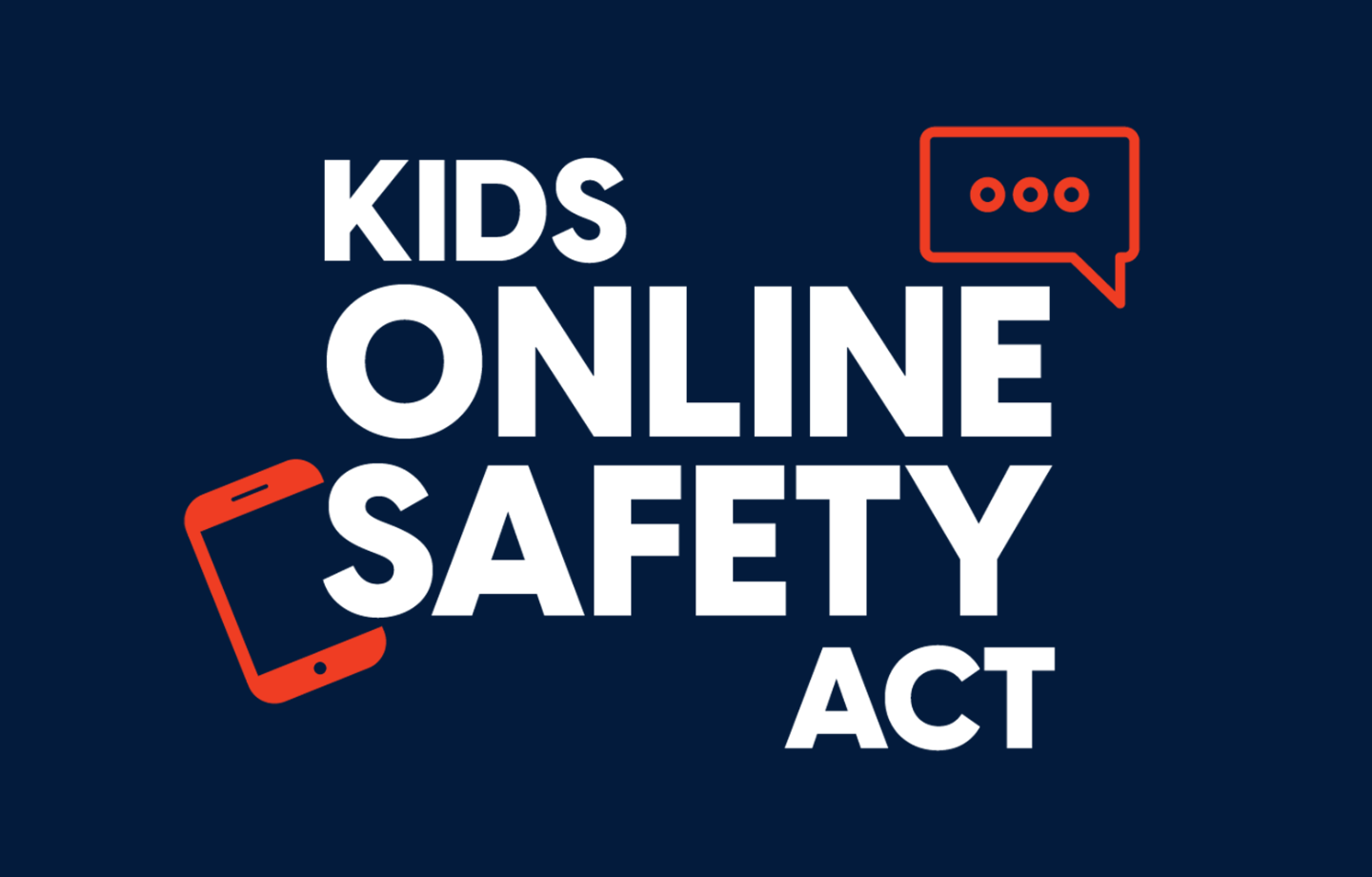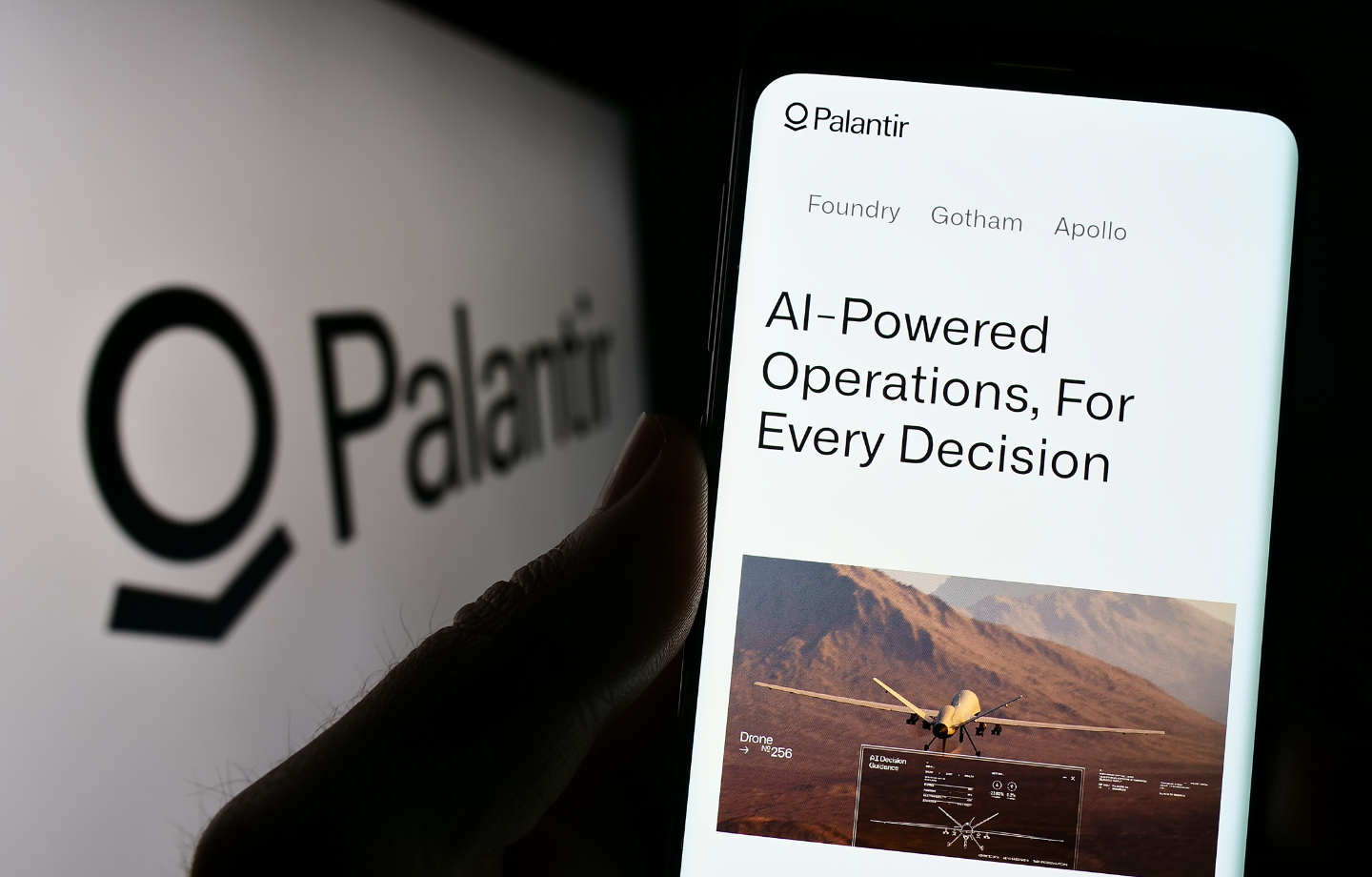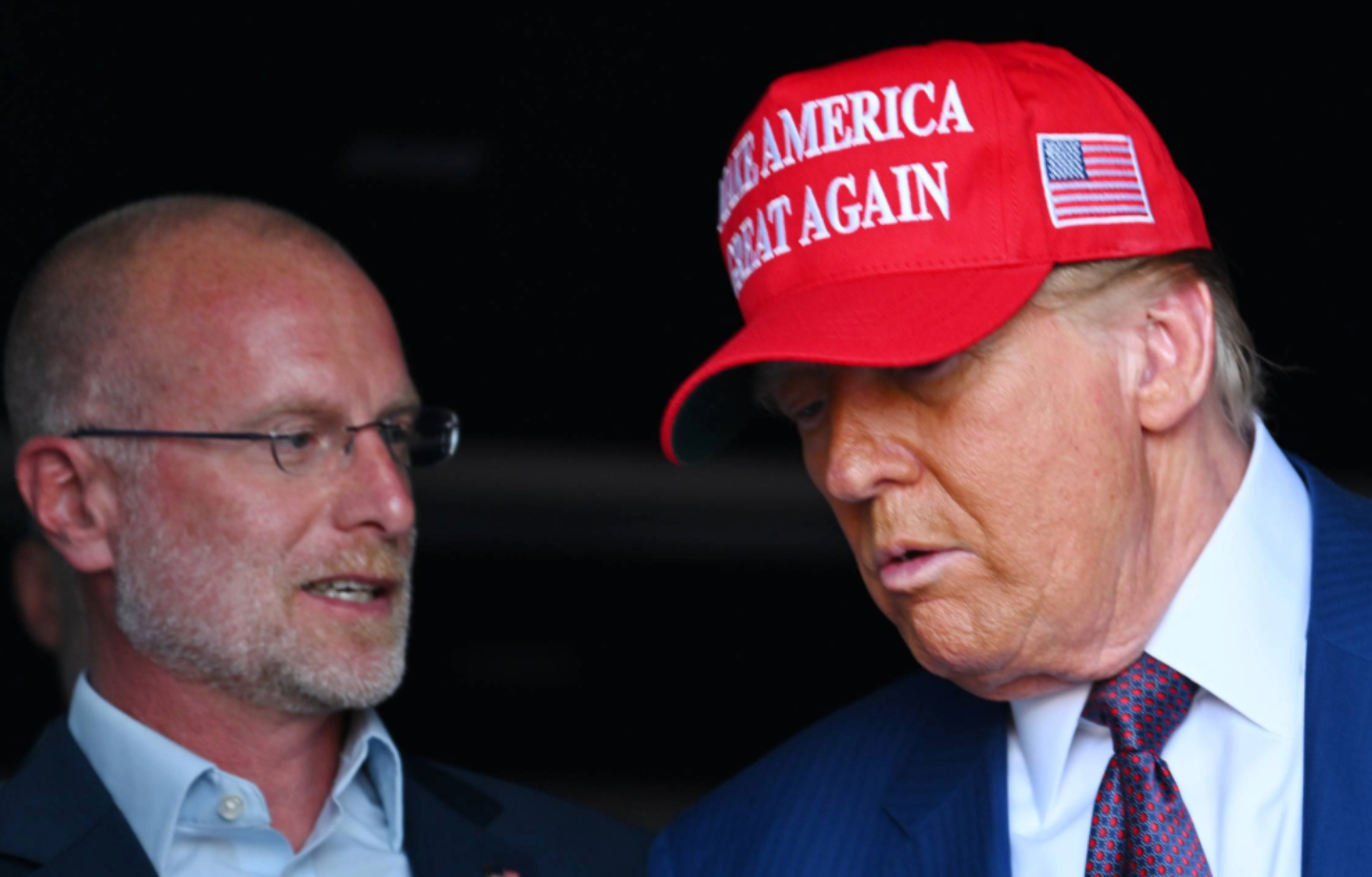More Evidence that Conservatives Are Not Unfairly Censored on Social Media

October 3, 2024
A central conservative talking point during the Trump era holds that a conspiracy of liberal political figures, social media companies, and left-leaning academics have censored people on the right. Sen. J.D. Vance (R., Ohio) asserted the claim once again during his debate on October 1 against vice presidential rival Tim Walz, the Democratic governor of Minnesota.
Since 2021, our Center has published extensive research that refutes the claim of anti-conservative bias online, pointing out that there are no systematic studies supporting the accusation. Now, there is new social science reinforcing our findings.
In a study published October 2 in the journal Nature, researchers from Oxford, Massachusetts Institute of Technology, Yale, and Cornell made a pair of findings: First, supporters of former President Donald Trump and other conservatives are more likely to have their content taken down or accounts suspended on major social media platforms like Facebook and X (formerly Twitter) than are supporters of President Joe Biden and other liberals.
But that does not mean that content moderation — the human and automated filtering done by social media companies — is biased. That’s because of the second finding: The researchers reported that conservative accounts may be sanctioned more often because they post more misinformation.
Here’s how the study’s authors put it in their own, more technical, terms, explaining who and what they studied:
We argue that differential sharing of misinformation by people identifying with different political groups could lead to political asymmetries in enforcement, even by unbiased policies. We first analyzed 9,000 politically active Twitter users during the US 2020 presidential election. Although users estimated to be pro-Trump/conservative were indeed substantially more likely to be suspended than those estimated to be pro-Biden/liberal, users who were pro-Trump/conservative also shared far more links to various sets of low-quality news sites—even when news quality was determined by politically balanced groups of laypeople, or groups of only Republican laypeople—and had higher estimated likelihoods of being bots. We find similar associations between stated or inferred conservatism and low-quality news sharing (on the basis of both expert and politically balanced layperson ratings) in 7 other datasets of sharing from Twitter, Facebook and survey experiments, spanning 2016 to 2023 and including data from 16 different countries. Thus, even under politically neutral anti-misinformation policies, political asymmetries in enforcement should be expected. Political imbalance in enforcement need not imply bias on the part of social media companies implementing anti-misinformation policies.
As The Washington Post noted in its helpful analysis of the new research, this study “is not the first to find that conservatives are more likely to share stories that have been debunked, or that originate from fake news sites or other sources deemed ‘low-quality.’” The Post added that “one common objection to such studies is that defining what counts as misinformation can be subjective. For instance, if the fact-checkers skew liberal or the list of fake news sites skews conservative, that in itself could explain the discrepancy in sharing behavior.”
All true. But notice in the excerpt I quoted above that the study in Nature found that conservatives share more falsehoods and low-quality information online even when Republicans define what counts as untrue or “low-quality.”
The Nature study won’t end the debate about social media bias. But that’s because one side of the debate doesn’t base its case on factual argument. The fact is that there is no evidence of a systematic bias against conservatives online.
 Technology & Democracy
Technology & Democracy


